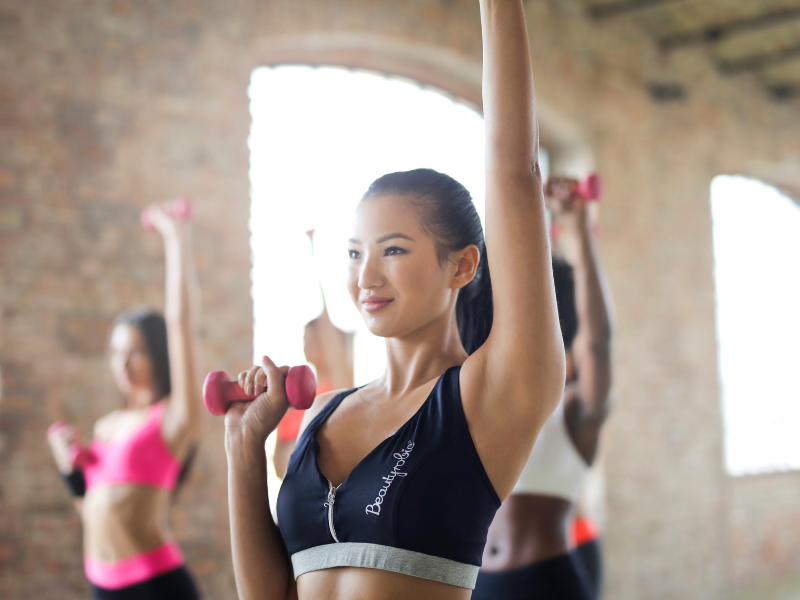Are you one of those who have joined the practice of sports on an empty stomach? Or those who, on the contrary, are not in favor of strategic fasting?
We tell you the main benefits and risks of doing physical exercise on an empty stomach and some tips to keep in mind. Take note!
In addition to the question of doing sports in the morning or in the afternoon, there is the debate on whether or not to do sports on an empty stomach. And, with the increase in popularity of intermittent fasting , doing physical exercise without first eating any type of food has become an increasingly frequent practice.
And it is undeniable that doing physical activity first thing in the morning has advantages that, at times, it is very difficult to give up and that we will not be able to enjoy at any other time of the day. Fresh air, empty streets and free of traffic, silence, and, above all, the batteries charged to face the day with energy.
But, the question is to do it after breakfast or on an empty stomach? A question that generates debate and that faces, on the one hand, those who position themselves in favor of practicing sports on an empty stomach and, on the other, those who consider that it is not healthy. But what do the experts say? What are the health benefits and risks of playing sports on an empty stomach ? We solve all doubts!
What is strategic fasting?
The practice of doing sports on an empty stomach is known as strategic fasting. This concept refers to doing sports once 3 or 4 hours have elapsed since the last intake. That is, training 4 hours after having ingested solid foods or caloric drinks.
But, far from being a fad, it is, as the specialists explain, a way to increase performance and make the sport more effective and beneficial. Of course, at specific moments and periods of time, not as a routine and form of training.
But how does the body act when you exercise on an empty stomach? Well, in general terms, the body uses fats as a source of energy . What does this mean? That, when exercising without having breakfast, the body, and more specifically the muscles, uses the energy accumulated in the body in the form of sugar and fat. As a consequence, your insulin will drop after you exercise.
It should be noted that this occurs when the level of training is low or moderate and doing some sports and activities in particular. We will talk about these activities later!
Benefits of doing sports on an empty stomach
- Improves insulin sensitivity.
- Helps recovery after training.
- Promotes fat loss.
- Improve performance.
Risks of playing sports on an empty stomach
- Fainting and dizziness
- Loss of muscle mass.
- Lower physical performance.
- Reduces the ability to tolerate and absorb carbohydrates.
What sports are suitable for fasting?
One of the issues that we have to keep in mind is that we cannot perform any physical activity on an empty stomach. As we have mentioned before, this practice is focused on experienced athletes and at a low or moderate level of training, or what is the same, exercise of a moderate intensity.
Not this, no bodybuilding exercises or jogging on an empty stomach.
- A yoga class .
- A walk at a slow pace.
Of course, specialists recommend that these activities do not exceed 30 minutes in duration .
Aspects to consider
- Do it under the supervision of a specialist .
- For the first few times in which the strategic fast is followed, bring a piece of fruit or isotonic drink to training to avoid possible dizziness.
- It is not recommended for people who are not used to exercising.
- Do not take this practice as a routine, let it be something that, if done, is from time to time.
In any case, it should be noted that, as indicated by the experts, it should be a sports nutrition professional who indicates the training to follow and adapts the diet . It is important not to do these practices on our own, especially if we are not experienced athletes.
From Hogarmania we recommend that, for any questions that may arise, do not hesitate to consult your family doctor or a specialist professional.

